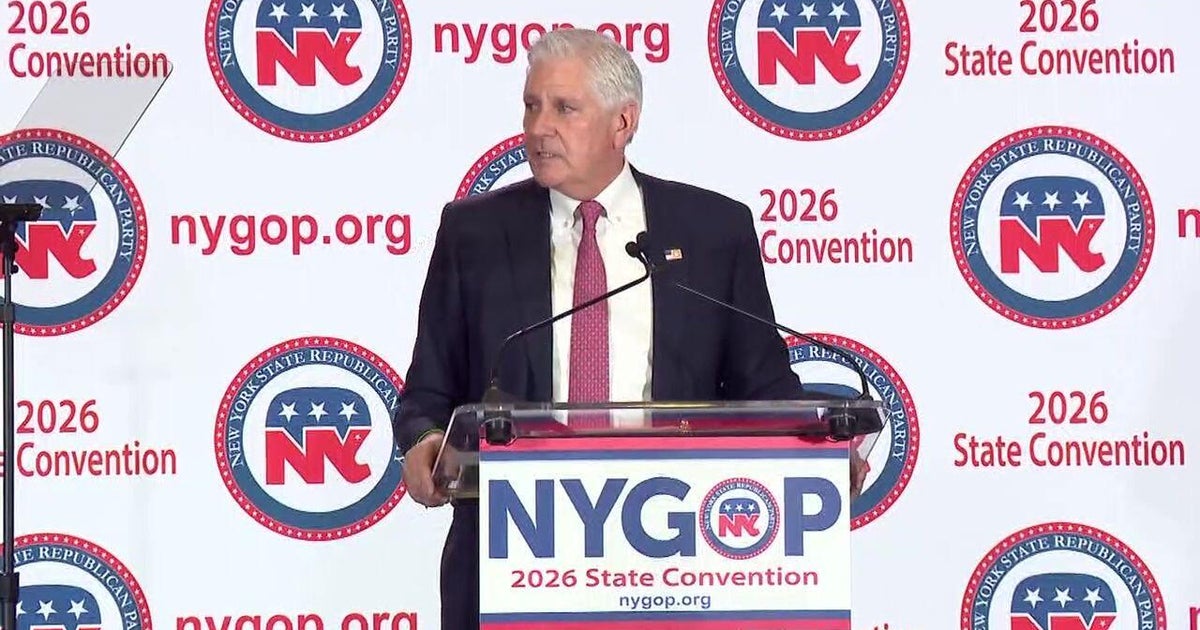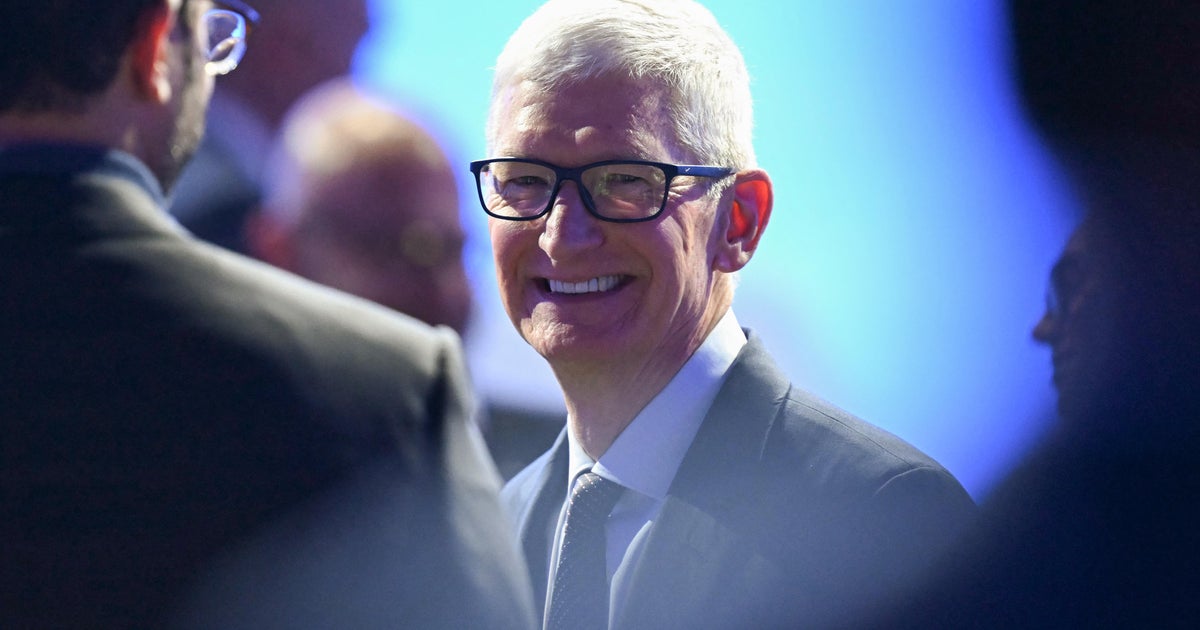Ralph Nader to Apple's Tim Cook: Use profits for worker raises
Consumer advocate Ralph Nader is targeting Apple with a plea to hold off on its $100 billion stock buyback and consider other ways to spend the money, such as giving bonuses to the 350,000 Foxconn workers who make iPhones.
Nader's criticism comes as public companies are on track to spend a record $1 trillion on dividend increases and share buybacks, thanks to the massive corporate tax cut signed into law by President Donald Trump. Of course, corporations are also giving raises and bonuses to workers, but critics say most of the benefit is being enjoyed by shareholders and executives whose compensation packages are typically enriched by stock awards.
"From 2005 to 2016, stock buybacks by the S&P 500 totaled $5 trillion – equal to half of net income and twice as much as paid to shareholders in dividends," Nader wrote in an open letter to Apple CEO Tim Cook. "By the end of 2018, this figure will grow to well over $6 trillion."
Nader described himself in the letter as an Apple shareholder. His criticism isn't only that Apple isn't spending the money to help workers, but that the company didn't request shareholder approval for the buyback. Of course, it's within the normal course of business for a company's board to approve share repurchase programs without a green light from shareholders.
Nader, who is known for his book "Unsafe at Any Speed" and his push for consumer protections, said he believes shareholders would have preferred the $100 billion to be spent on cash dividends -- money they would receive in a check from Apple.
Apple declined to comment on Nader's letter, which was released on Wednesday.
The tech giant is providing bonuses to employees below the executive level, citing the tax cut, according to Bloomberg News. Those employees will receive restricted stock units worth $2,500.
Apple has also said it plans to spend $55 billion on investments and domestic suppliers and manufacturers in 2018. It estimates that it will create 20,000 new jobs over the next five years, thanks to the tax cut and repatriation of overseas cash.
In Nader's view, Apple could be doing more, such as spending $2 billion to provide a full year's pay bonus to the 350,000 workers for Taiwan-based Foxconn who make iPhones at factories in China that have been criticized in the past for their brutal work conditions.
"Think of the economic relief and happiness that gesture would produce," he wrote. "These workers sweat for your immense wealth in difficult workplace conditions, unable to afford the Apple phones they manufacture for your company's massive profits."
Nader's other ideas include investing in research on how to deal with the toxic components inside Apple devices and in helping children escape "a sedentary life of obesity" that is "collateral damage from excessive iPhone use."
Cutting iPhone prices is another idea proposed by Nader, although it's unlikely that many other shareholders would look fondly on that tactic, given it would reduce profits.
"Then there are the conventional applications of a cash-rich company to consider: productive new investments, raising employee salaries and pensions, improving hiring practices, and workforce training and consumer services," he noted.
To be sure, Nader's complaint on Apple's buyback is a common theme among progressives, who warned that the tax cut would be more likely to help wealthy executives and shareholders than the rank-and-file.
Companies repurchase their own shares as a means of lifting their market value, at least in the short term. But as the Harvard Business Review has pointed out, that leaves less money to spend on research and development or lifting workers' wages.



